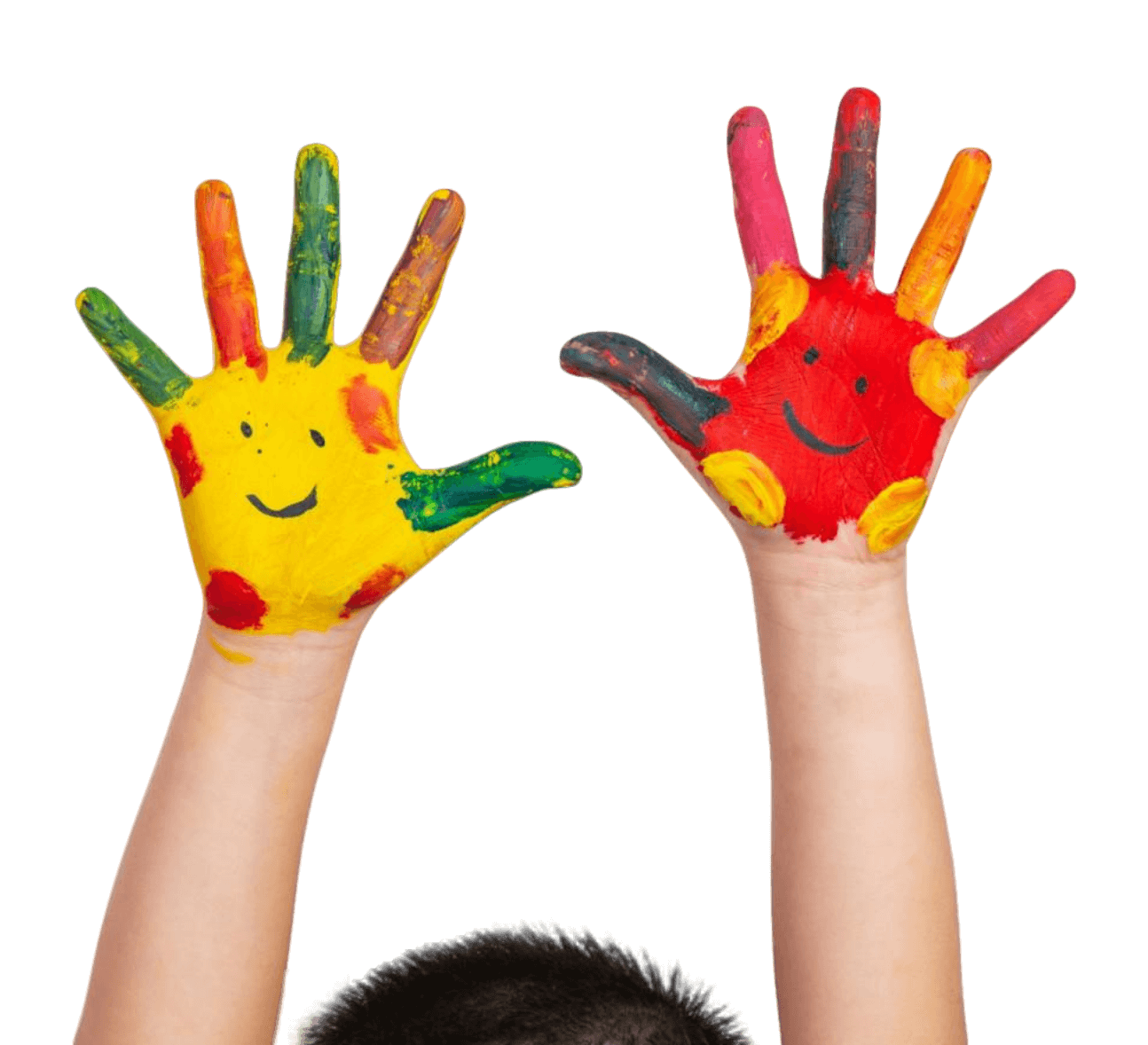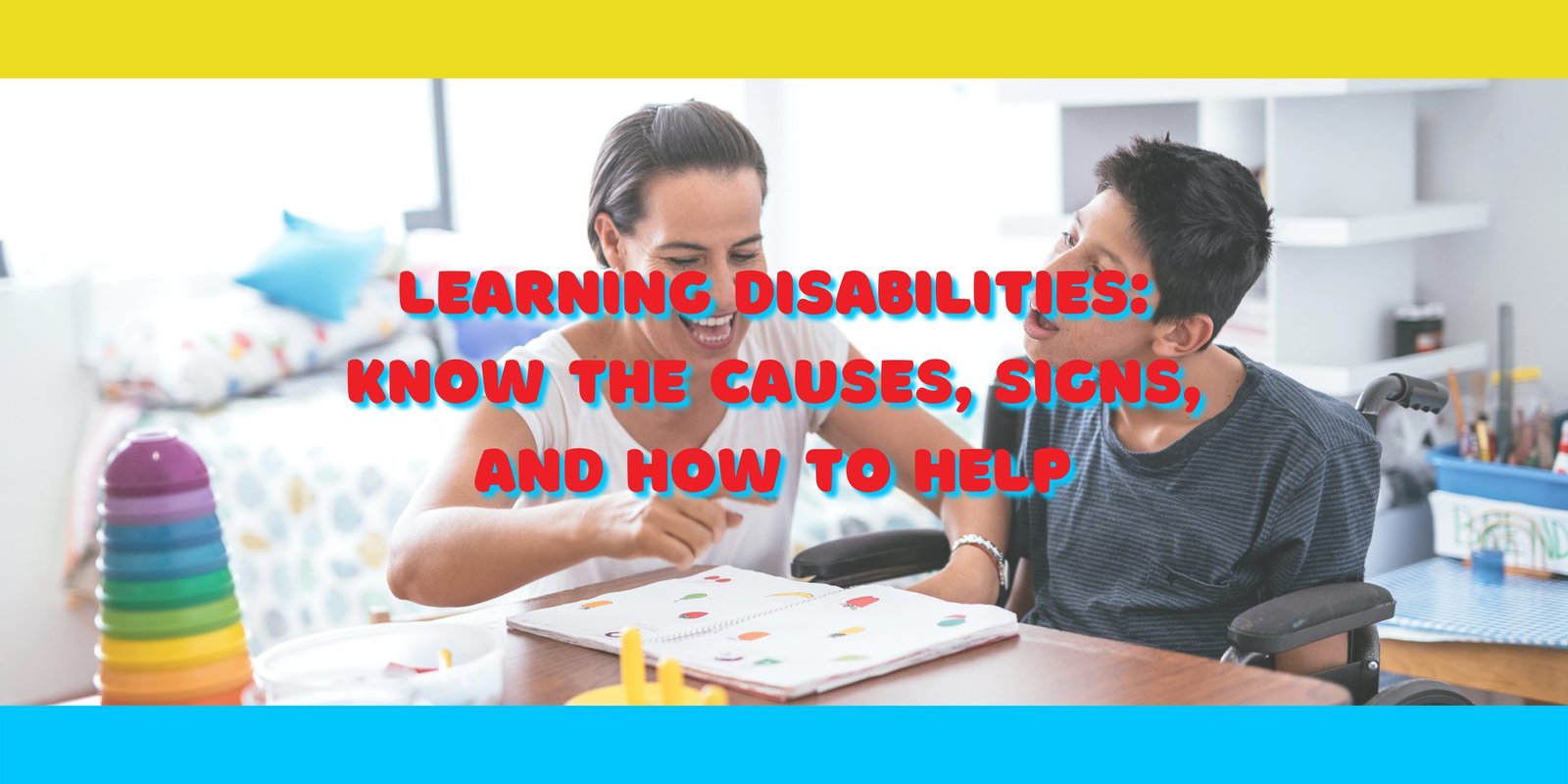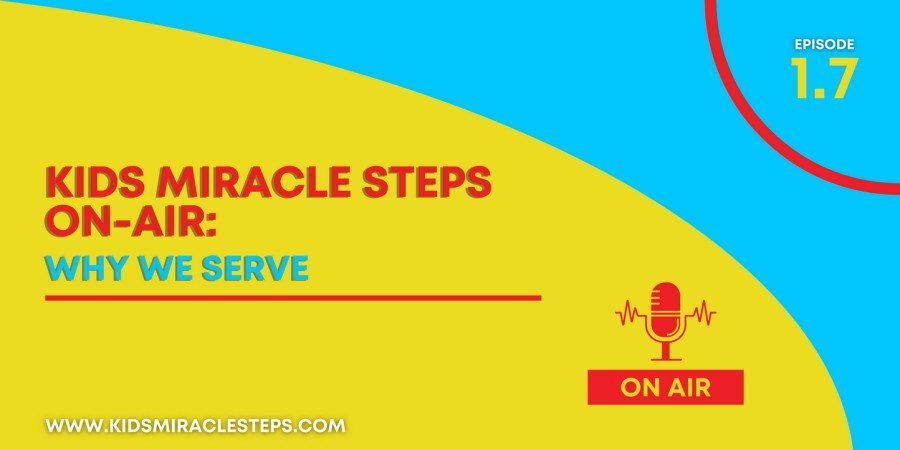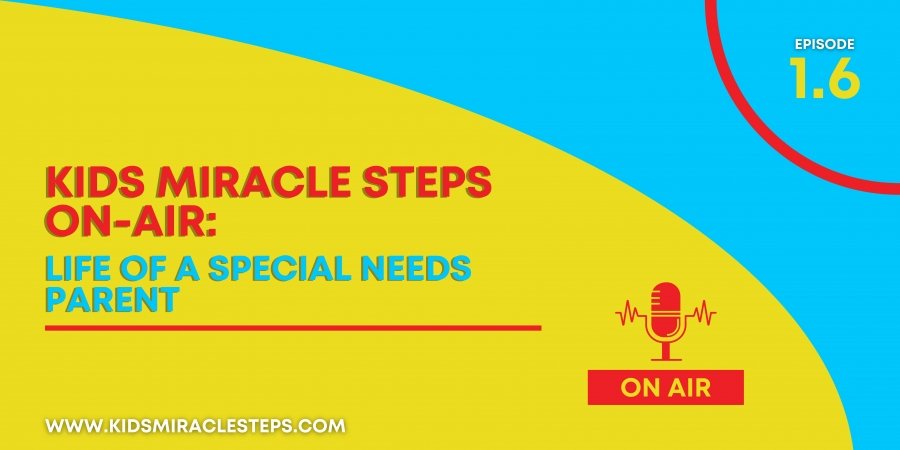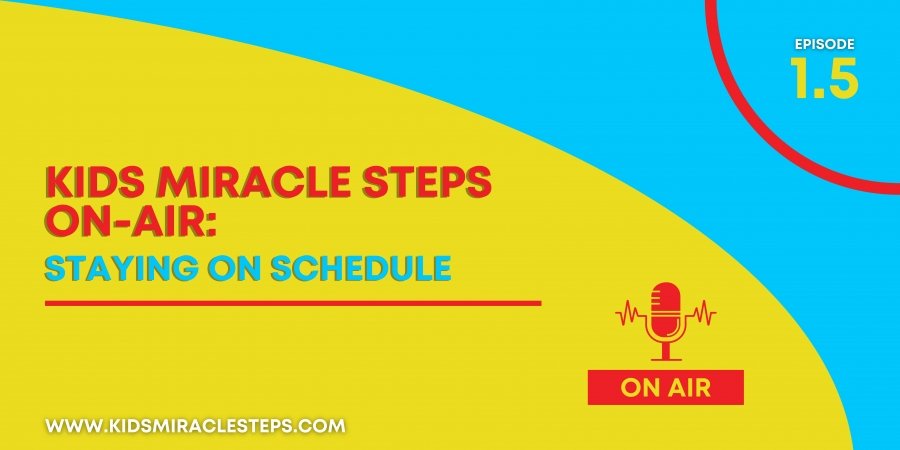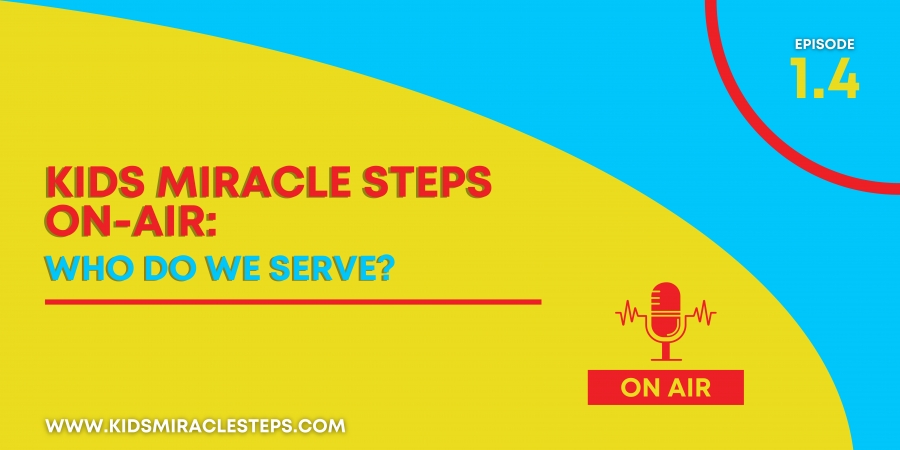Your child may struggle with learning disabilities if they struggle to learn certain school subjects. Know what causes these learning disorders and what you can do.
Many children struggle with learning from time to time. When they try hard and still work on specific topics or skills, it could signify learning disabilities, also called learning disorders. If this happens, your child may have difficulty learning one or more areas of learning, even if intelligence and motivation aren’t affected.
Before children get frustrated or hopeless, a diagnosis is crucial to get the help they need.
What are learning disabilities?
Kids with learning disabilities often have issues dealing with information processing that hinders them from learning and employing a skill. Learning disabilities, in general, affect people of average or above-average intelligence. The result is that the disorder appears as a gap between expected skills and academic performance.
Here are the common learning disabilities that a child may encounter.
- Reading and writing skills
Learning disorders are often associated with difficulty in reading and writing.
Children grapple with speaking a combination of words and as a result, it’s hard to understand what they’re trying to say. Even if they master the art of reading, they can still have difficulties reading at a usual pace, understanding the context, or making inferences about the topics. On the other hand, learning disabilities are visible when kids have slow handwriting or messy penmanship.
We believe that learning is vital as part of your child’s education and development. So we’re offering an educational learning program tailored fit to your child’s needs to emphasize individual growth and prepare your child for further learning. Consider Kids Miracle Steps as part of your child’s success in life.
- Mathematics
If a child has a learning disorder in mathematics, it may be because they have a hard time calculating math problems, memorizing basic calculations, or understanding word problems.
We offer a child-centered approach to educational learning that’ll nurture your child with the basic learning concepts. If you’re interested in our learning programs, you can enroll your child with us today!
- Non-verbal communication
Early in childhood, a child with a nonverbal learning disability appears to develop good basic language skills and excellent rote memorization skills. But they’ll have troubles in the following areas such as physical coordination, attention span, or using language in social conditions.
We have a thriving community to hone your child’s non-verbal communication, led by experienced professionals. We’d love to have your child in our educational learning programs!
What causes learning disabilities?
- Genetics
Your child is at risk of acquiring learning disabilities if there’s a family history of learning difficulties.
- Prenatal and postnatal risks
Children with learning disabilities often experience poor growth and development in the uterus. There is exposure to alcohol or drugs before the child is born or premature birth in some cases.
- Trauma
Early childhood psychological trauma or abuse can impact brain development and raise the chance of learning disabilities. Physical trauma, such as head injuries or diseases of the neurological system, also counts.
- Environment
You might also want to check out your child’s surroundings. Toxic exposure, such as lead exposure, has been related to an increased incidence of learning disorders.
The signs of learning disability
It’s hard for a kid to know whether they have learning disabilities. They can’t figure it out on their own. We suggest monitoring and observing your kids.
If they answer “yes” to these questions, then they might have learning disorders:
- Do you face difficulties in school?
- Are you having a hard time reading?
- Do you make errors in spelling when you write?
- Are you having a hard time understanding math word problems?
If you’re skeptical about asking them directly, maybe you can read their writings on the notebooks or ask their teachers. But even if they ticked yes to all these questions, it’s better to visit a learning specialist to determine the accuracy of your findings. These specialists can provide you with an in-depth evaluation of your child’s strengths and weaknesses and what you can do to help.
Though some children may be embarrassed to admit they have a learning disability, it can be a relief to finally understand what’s going on.
What is the treatment for learning disabilities?
- Professionals
Your child can learn ways to improve their academic, organizational, and study skills from a reading expert, math tutor, or educational programs.
- Therapy
Therapy is beneficial to certain children. Occupational therapy may help a kid with writing difficulties improve their motor skills. Language skills can also be addressed with the help of a speech-language therapist.
Our occupational and speech therapists can help improve your child’s learning disabilities. We have designed child therapy programs suited to your child’s needs.
- Medication
Your child’s doctor may prescribe medicine to them cope with depression or severe anxiety. A child’s ability to concentrate in school may be improved by medications for attention deficit hyperactivity disorder.
How Kids Miracle Steps can help
Early intervention is critical to evaluate if there are concerns about learning disabilities. You may request feedback from your child’s teachers or doctors. If you need help enrolling your child in a learning program, you can seek our services and resources for the best options.
Meanwhile, explain to your child the importance of additional services and how they can help in simple words. Also, pay attention to your child’s assets. Encourage your children to explore activities that will boost their self-esteem. Therapies and medication, taken together, can help your child improve, develop coping mechanisms, and leverage their talents to increase learning both in and out of school.
We’re committed to providing the highest levels of care, compassion, and love to each child, adult, and family. We meet our objectives by focusing on the unique needs of our patients, helping children live their healthiest lives and providing exceptional and innovative services. Learn more about Kids Miracle Steps for Children.
We’re keeping all lines open for messages. You may call us at (754) 219-9431 or visit our website www.kidsmiraclesteps.com to schedule an appointment. We also offer in-person or virtual tours.
Enroll now! Schedule an appointment today at www.kidsmiraclesteps.com/appointment.

